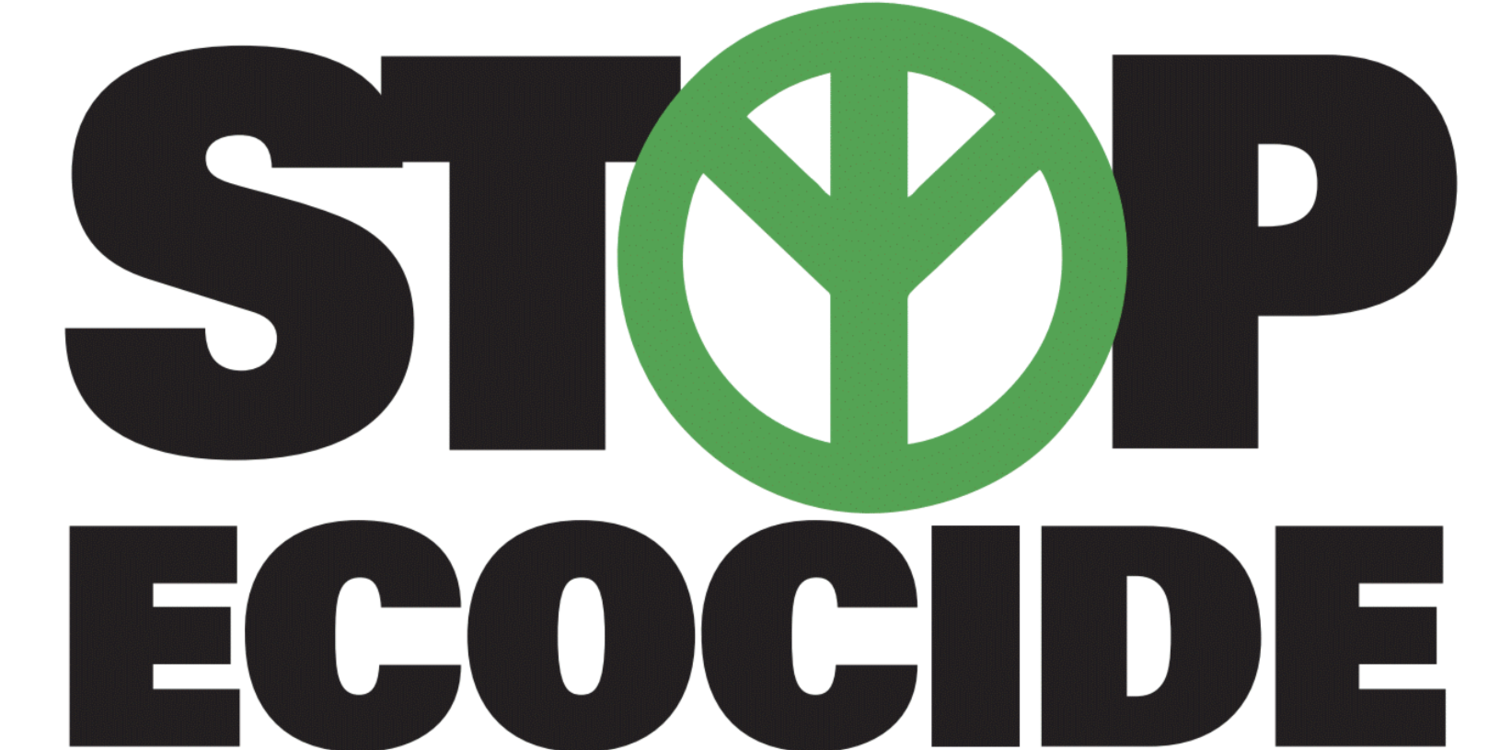Following French President Emmanuel Macron’s statement in July in support of a crime of ecocide, the Belgian Ecolo-Groen parties have been quick to seize the moment to propose establishing the crime in Belgium and internationally.
In consultation with French legal expert, veteran campaigner (and Stop Ecocide associate) Valérie Cabanes, the Greens have this week introduced a bill into the federal parliament’s Chamber of Representatives, proposing:
1. To examine introducing a crime of ecocide into the Belgian penal code, in collaboration with the Regions;
2. To support the initiative of Vanuatu and the Maldives to amend the Rome Statute of the International Criminal Court to include the crime of ecocide;
3. To propose, on behalf of the Kingdom of Belgium, amendments to the Rome Statute of the International Criminal Court with the aim of including the crime of ecocide.
Samuel Cogolati, the Member of Parliament behind the proposal, is committed to preventing mass destruction of the Earth. He explained:
“Right now the law forbids theft and drug trafficking but is silent on the most serious crimes committed against the planet! Now we are all victims of climate breakdown, pollution and the collapse of biodiversity. We must protect nature and future generations in much stronger, more enforceable ways. We must recognise the intrinsic value of ecosystems in our penal code. Because without water, without forests, without clean air, we cannot survive on Earth. The planet is our common home. It’s time for criminal law to urgently come to the rescue.”
Cogolati’s proposal will be discussed and voted on after the summer break. As the Ecolo-Groens make up the second biggest party group in Belgium, it will certainly be taken seriously.
Cabanes, for her part, is glad to see so many years of dedicated campaigning in France and beyond beginning to pay off:
“The great thing emerging right now is the voice of states with a strong diplomatic influence (France, Belgium), so that real negotiations can begin and an amendment to the Rome Statute to recognize ecocide can be put on the agenda, no doubt in 2021. Moreover Belgium [is] one of the countries that already operates international jurisdiction [so] a national law can have international impact, and that is extremely interesting.”
Brussels is clearly the place to be this week for discussing ecocide crime. Just yesterday two young Belgian “Fridays For Future” activists, Anuna de Wever and Adélaïde Charlier, joined Greta Thunberg of Sweden and Luisa Neubauer of Germany to launch an open letter addressing the EU leaders meeting in Brussels today to discuss Covid-19 recovery. The letter, which has already attracted many thousands of signatures, urges leaders to treat the climate crisis as a crisis, with a key demand for them to support an international crime of ecocide.
Jojo Mehta, co-founder of the international Stop Ecocide campaign, said:
“This is an incredibly exciting week. Civil society and politicians alike are waking up to the need for a simple, enforceable way to protect our precious life support system – the natural living world. Making ecocide a crime is a straightforward way to prevent further devastation. We were already delighted at the huge wave of support for Greta’s letter yesterday and now eagerly await the outcome of Belgium’s discussions after the summer.”
There is growing support for the move to make ecocide an international crime: last November Pope Francis called for ecocide as a “fifth category of crimes against peace”; in December the small island states of Vanuatu and the Maldives called for serious consideration of ecocide crime at the International Criminal Court’s assembly; earlier this year the Swedish workers movement urged Sweden to lead on proposing it; and just last month President Macron of France promised to champion it on the international stage.








